Hello, everyone!
I think a small number of them still live in Fioletovo, Armenia. But how many?
Does anyone know? Did anyone of the forum members ever meet the Molokans before?
The very subject of the history of the Molokans is pretty interesting, so I hope there will be an interesting discussion here.
NP
I think a small number of them still live in Fioletovo, Armenia. But how many?
Does anyone know? Did anyone of the forum members ever meet the Molokans before?
The very subject of the history of the Molokans is pretty interesting, so I hope there will be an interesting discussion here.
NP




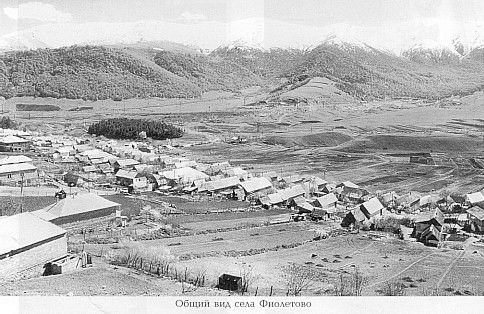
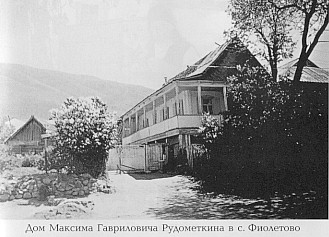
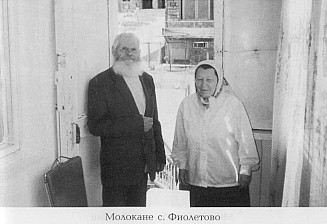
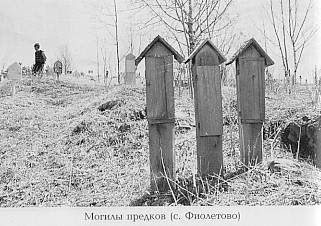
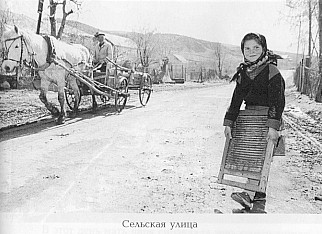
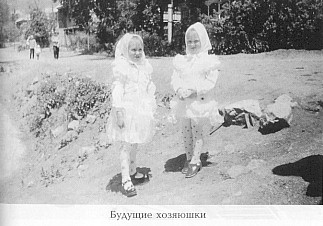






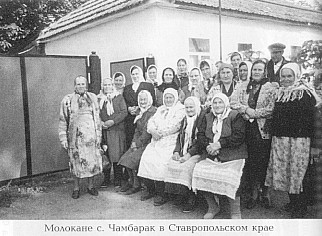
Comment